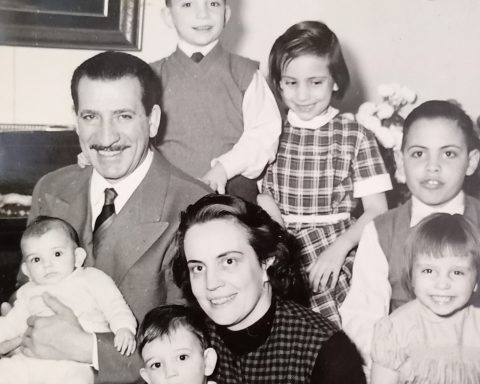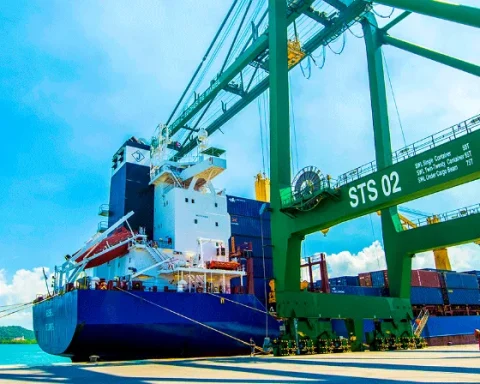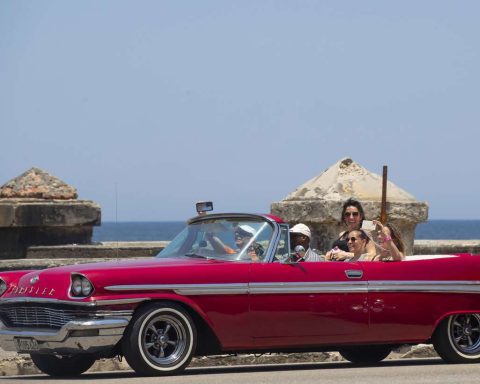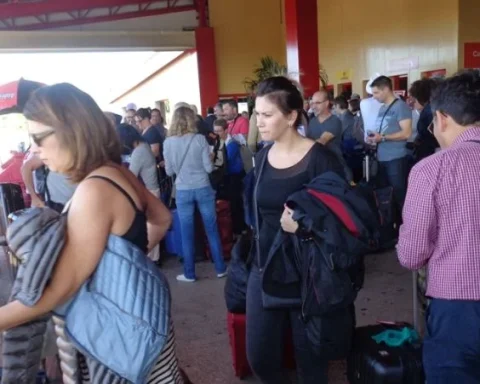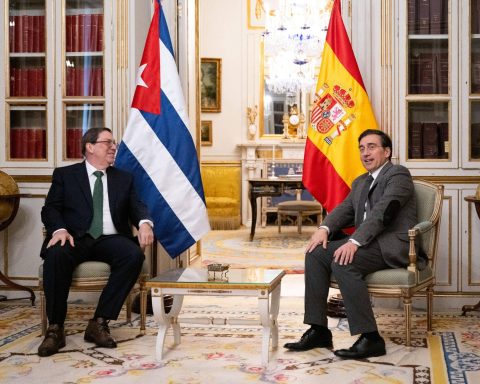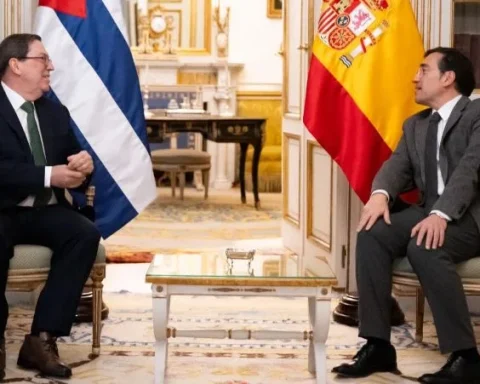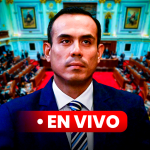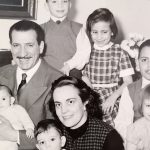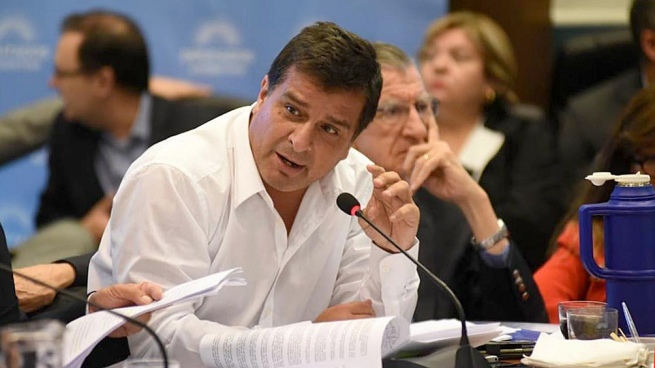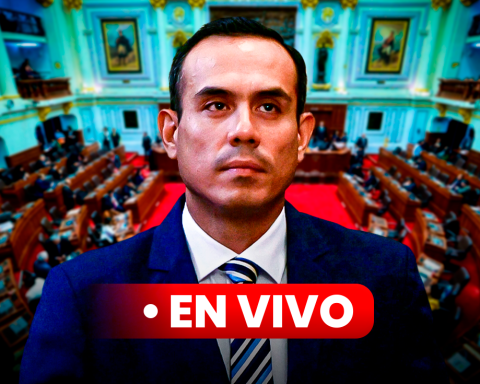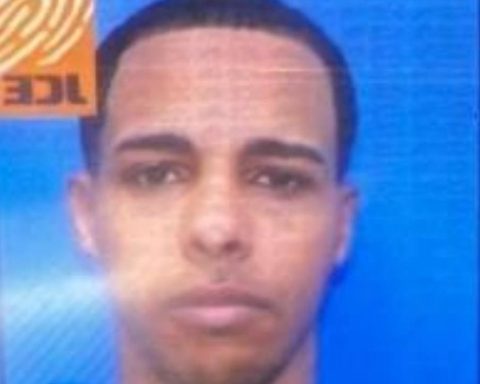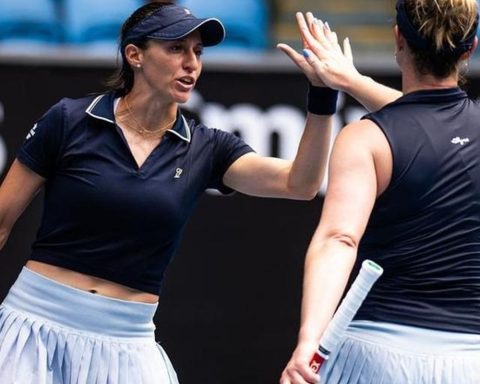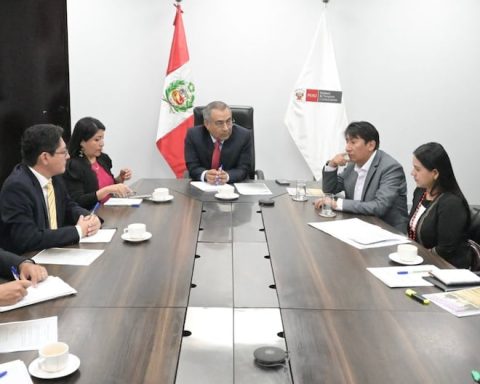With the observational clinical study Sovereign Plus Turin, Italy and Cuba deepen the collaboration in the health field initiated with the help provided by the island to this country in the confrontation with Covid-19.
The Finlay Vaccine Institute, based in Havana, and the Amedeo di Savoia Hospital, in Turin, are involved in the trial aimed at verifying the efficacy of the preparation as a universal booster dose in people immunized with any of those authorized in Italy, or convalescing from the disease.
Some thirty volunteers vaccinated with immunogens produced by Pfizer, Moderna or Johnson and Johnson traveled to the Cuban capital in November 2021 where they received the planned dose of Soberana Plus at the La Pradera International Health Center.
Before receiving the vaccine, the research participants provided blood samples for analysis in Cuban institutions, a procedure applied 28 days later in the Microbiology and Virology Laboratory of the Turin health facility, with the purpose of comparing both results.
This is the second joint initiative between the two entities, after the analysis, at the Amedeo di Savoia, of serum samples from Cubans vaccinated with Soberana Plus, in which the ability of the drug to induce neutralizing antibodies against Alpha variants was verified. Beta and Delta of the SARS-CoV-2 virus.
To find out details about the study that is about to conclude, Prensa Latina interviewed some of its protagonists on the Italian side. Among them is Dr. Carlo Picco, director of the City of Turin Local Health Company, an institution in charge of managing the health system in the capital of the Piedmont region.
The synergy, collaboration, the fabric of relationships, the reciprocal sympathy and trust born of that cooperation, in the field hospital where the Cuban doctors and nurses worked, “allowed the development of relations, including scientific ones, between the two countries,” he said.
In the same sense, Michele Curto, president of the Agency for Cultural and Economic Exchange with Cuba (Aicec), a fundamental entity in the concretion and organization of the studies, spoke. Cuban Vaccine Podcast opens new paths of collaboration with Italy.
Known for its solidarity activity with the Caribbean nation and the promotion of bilateral ties with Italy in different fields, Aicec played a relevant role in supporting the work of the 38 Cuban health collaborators.
https://www.youtube.com/watch?v=ZDCrnaj2NkA
The presence of the Henry Reeve Contingent brigade, Curto pointed out, left an important mark on the city, in particular because of the links established with the Amedeo di Savoia Hospital and the Local Health Company.
Motivated by the interest in expanding these links, Aicec promoted the signing of a collaboration framework agreement between the Finlay Institute and the hospital, a process in which Fabrizio Chiodo, a young Italian researcher collaborating with the Cuban institution, actively participated.
In a dialogue with Prensa Latina, Chiodo highlighted the transparency in the Finlay Institute’s actions, by placing in the hands of the Amedeo di Savoia Hospital the analysis of the serum of Cuban convalescents, on the first occasion, and that of the volunteers, on the second.
For his part, the head of the Department of Infectious Diseases of the health center, Professor Giovanni Di Perri, pointed out that the preliminary results of the observational clinical study “are very satisfactory” and aligns the protective qualities of the vaccine with those of the other object of investigation. attention in this period.
The cooperation activity has been very close, heartfelt and interesting, pointed out Professor Valeria Ghisetti, director of the Microbiology and Virology Laboratory, stressing that “participating in this type of collaboration has been very instructive for us” and describing “very stimulating ” the partial results.
Professor Andrea Carcagno referred to the work with the volunteers, who stated that “they had a great desire to participate in the research”, they traveled to Cuba, where “they had a great time”, and returned to Italy without any important secondary effects.
Matteo Saccani, Mattia Baldini and Indira Estrada attested to this reality, who considered the possibility of contributing to the development of Cuban medical science with their participation in the clinical trial an honor.
